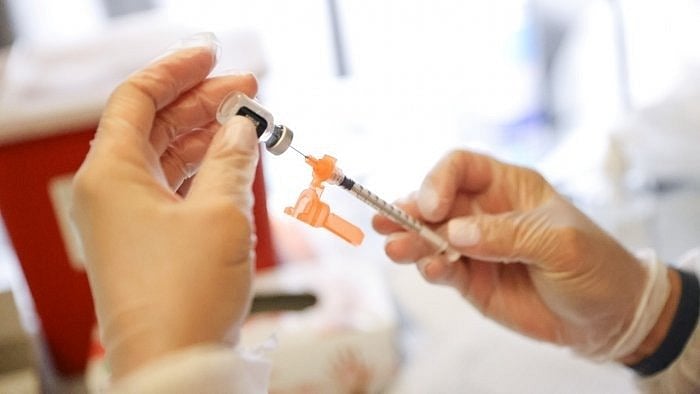
Even as children are predicted to be at risk in the possible third wave of Covid-19, a Karnataka trial site for Zydus Cadila’s ZyCoV-D Covid vaccine has successfully vaccinated 20 children as part of the company’s phase 3 efficacy trials.
Out of 1,700 volunteers who participated in phase 3 trials in Karnataka, 20 were children between 12 and 18 years. According to Dr Amit Bhate, director and principal investigator at Jeevan Rekha Hospital in Belagavi, the children showed no side effects and all of them completed the first dose.
“In each of these 43 trial sites across India, about 20 to 30 children were vaccinated. We are the only trial centre in Karnataka for paediatric volunteers. The three-dose vaccine is given on day 0, day 28 and day 56. The second dose administration to the children is under way and after every dose, blood samples are taken to test antibody levels,” he said.
Bhate added, “The observation period has been extended from eight months to twelve months and these children will be observed for at least a year as part of the trial post-vaccination. The paediatric volunteer group consists of an equal number of boys and girls. The hospital has also applied to be part of Covaxin’s clinical trial for children aged 2 to 12 years of age beginning next month.”
Currently, children are vaccinated against 12 vaccine-preventable diseases -- diphtheria, whooping cough, tetanus, polio, tuberculosis, hepatitis B, meningitis, pneumonia, Haemophilus influenza type B, Japanese encephalitis, rotavirus, and measles-rubella (MR).
Dr Bhaskar Shenoy, paediatric consultant, Manipal Hospital, who specialises in paediatric infectious diseases, vaccines, and Kawasaki disease (affects paediatric Covid patients) said these vaccines were thoroughly researched.
He said they were not rolled out for children without safety, efficacy and immunogenicity data being made publicly available.
“Currently, the phase 1 (safety) and phase 2 (immunogenicity) trial data for this vaccine are not publicly available. Only after the phase 3 trials are complete and data from a minimum one-year observation period is available, approvals should be given. Children’s physiology, body structure, and tolerability of side effects are also different. We need robust data for approvals,” Shenoy said.
However, Dr Shantharaj A, president, Indian Academy of Paediatrics, Karnataka State branch and Dr Srinivas S, paediatrician and chairman, Indian Medical Association standing committee for child health, said time is of the essence and accelerated approvals of paediatric Covid vaccines were the need of the hour. “We cannot wait for years to get approvals. Before children start succumbing to Covid at a scale at which adults are, we need to vaccinate them,” Shantharaj told DH.

